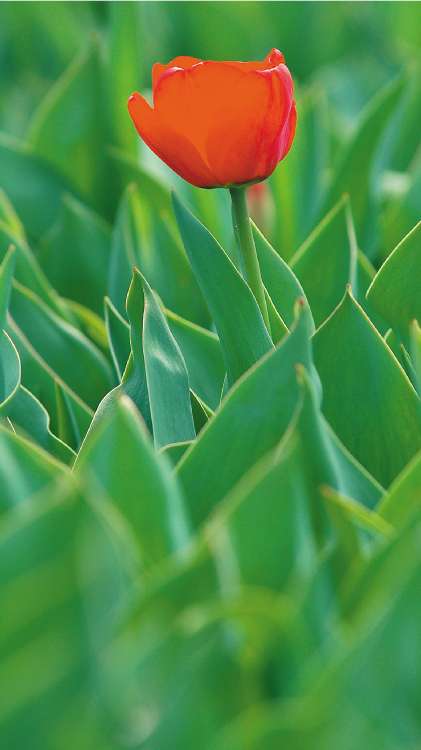Why flowers have lost their scent
Pollution is stifling the fragrance of plants and preventing bees from pollinating them – endangering one of the most essential cycles of nature, writes Environment Editor Geoffrey Lean

Pollution is dulling the scent of flowers and impeding some of the most basic processes of nature, disrupting insect life and imperilling food supplies, a new study suggests.
The potentially hugely significant research – funded by the blue-chip US National Science Foundation – has found that gases mainly formed from the emissions of car exhausts prevent flowers from attracting bees and other insects in order to pollinate them. And the scientists who have conducted the study fear that insects' ability to repel enemies and attract mates may also be impeded.
The researchers – at the University of Virginia – say that pollution is dramatically cutting the distance travelled by the scent of flowers. Professor Jose Fuentes, who led the study, said: "Scent molecules produced by flowers in a less polluted environment could travel for roughly 1,000 to 1,200 metres. But today they may travel only 200 to 300 metres. This makes it increasingly difficult for bees and other insects to locate the flowers."
The researchers – who worked on the scent given off by snapdragons – found that the molecules are volatile, and quickly bond with pollutants such as ozone and nitrate radicals, mainly formed from vehicle emissions. This chemically alters the molecules so that they no longer smell like flowers. A vicious cycle is therefore set up where insects struggle to get enough food and the plants do not get pollinated enough to proliferate.
Already bees – which pollinate most of the world's crops – are in unprecedented decline in Britain and across much of the globe. At least a quarter of America's 2.5 million honey bee colonies have been mysteriously wiped out by colony collapse disorder (CCD), where hives are found suddenly deserted.
The crisis has now spread to Europe. Politicians insist that CCD has not yet been found in Britain, but the insects have been declining here too, and the agriculture minister Lord Rooker has warned that "the honey bee population could be wiped out in 10 years".
The researchers do not believe that they have found the cause of CCD, but say that pollution is making life more difficult for bees and other insects in many ways."
To have your say on this or any other issue visit www.independent.co.uk/IoSblogs
Join our commenting forum
Join thought-provoking conversations, follow other Independent readers and see their replies
Comments
Bookmark popover
Removed from bookmarks